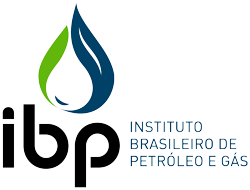
Industrial accidents, such as toxic spills, have caused catastrophic environmental damage to animals and plants. The high number of vessels, including oil tankers that circulate the globe and extreme events such as storms and tropical cyclones due to global warming, increase the risk of potential oil spills affecting oceanic islands. The frequency estimate is a fundamental step in any risk assessment. However, some types of accidents correspond to extreme events, i.e., low frequency-high consequences events. In this context, classical statistical approaches are ineffective since available data are generally sparse and contain censored recordings. Thus, we propose a Bayesian population variability method to estimate the distributions of the accident rates. We can integrate sparse data from accident databases with judgements of experts such as pilots, captains and nautical officers. Moreover, this assessment is used in the real case of oil tankers that navigate nearby the Fernando de Noronha Archipelago (FNA). The frequency results will be incorporated into a further Quantitative Ecological Risk Assessment (QERA).












